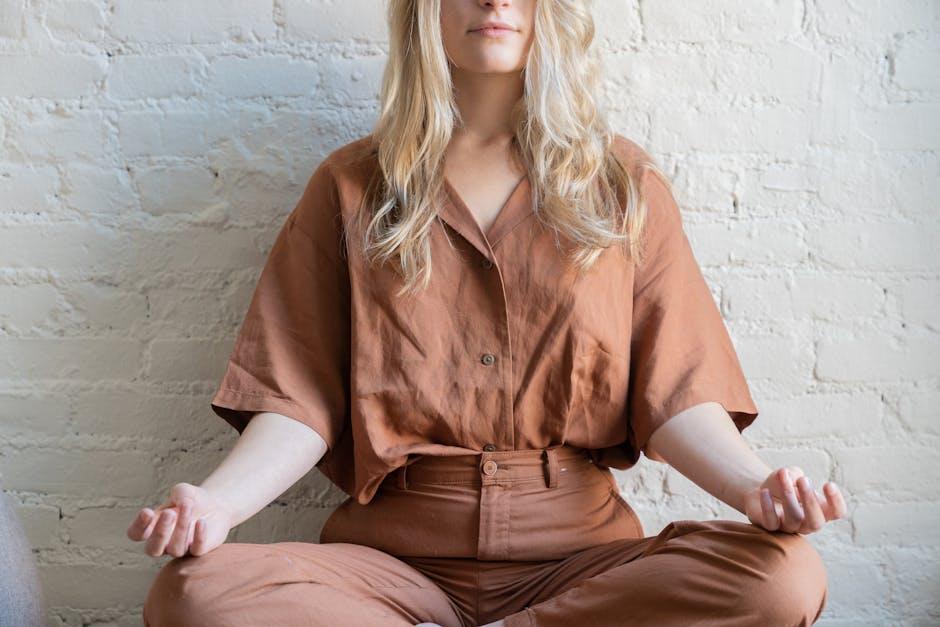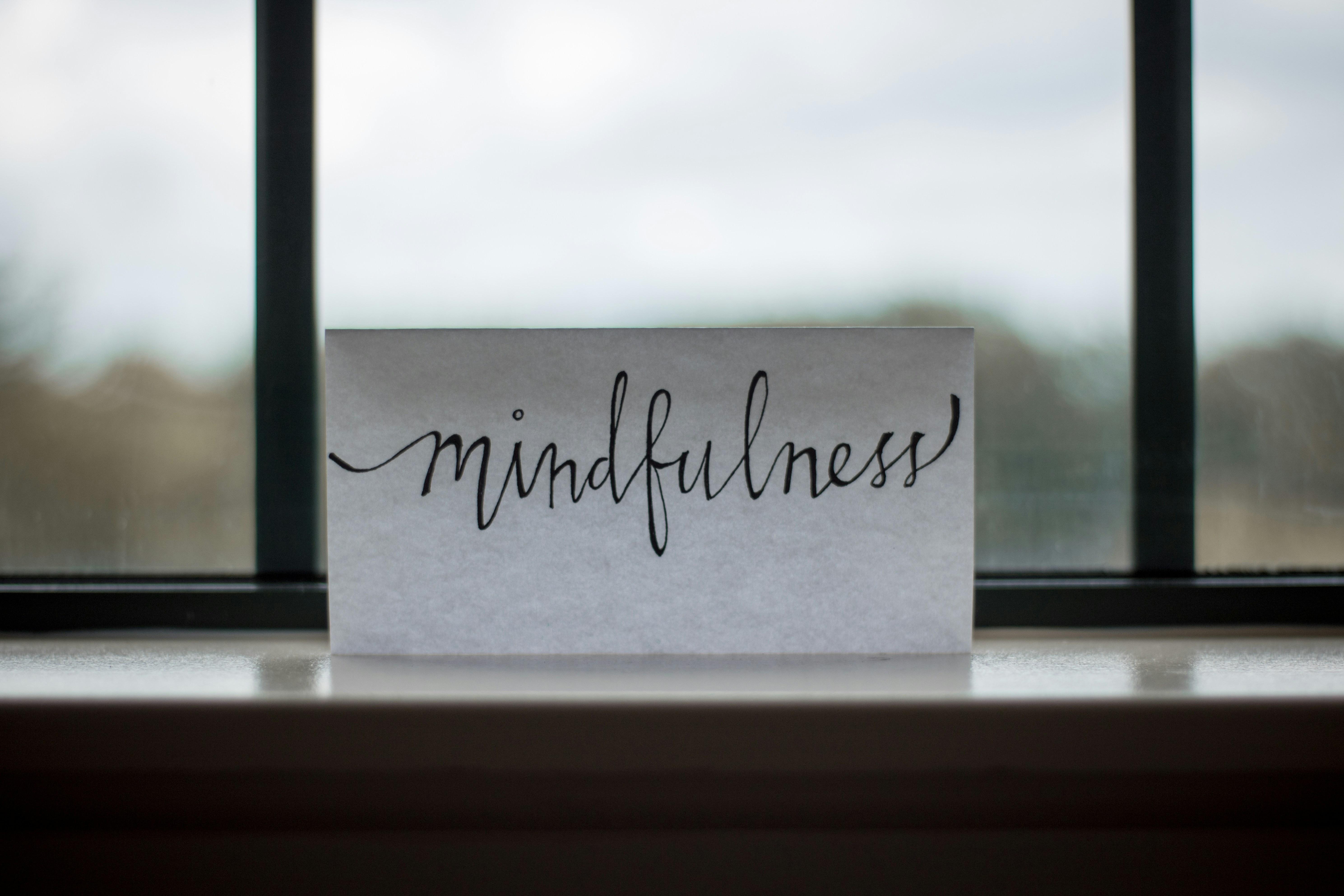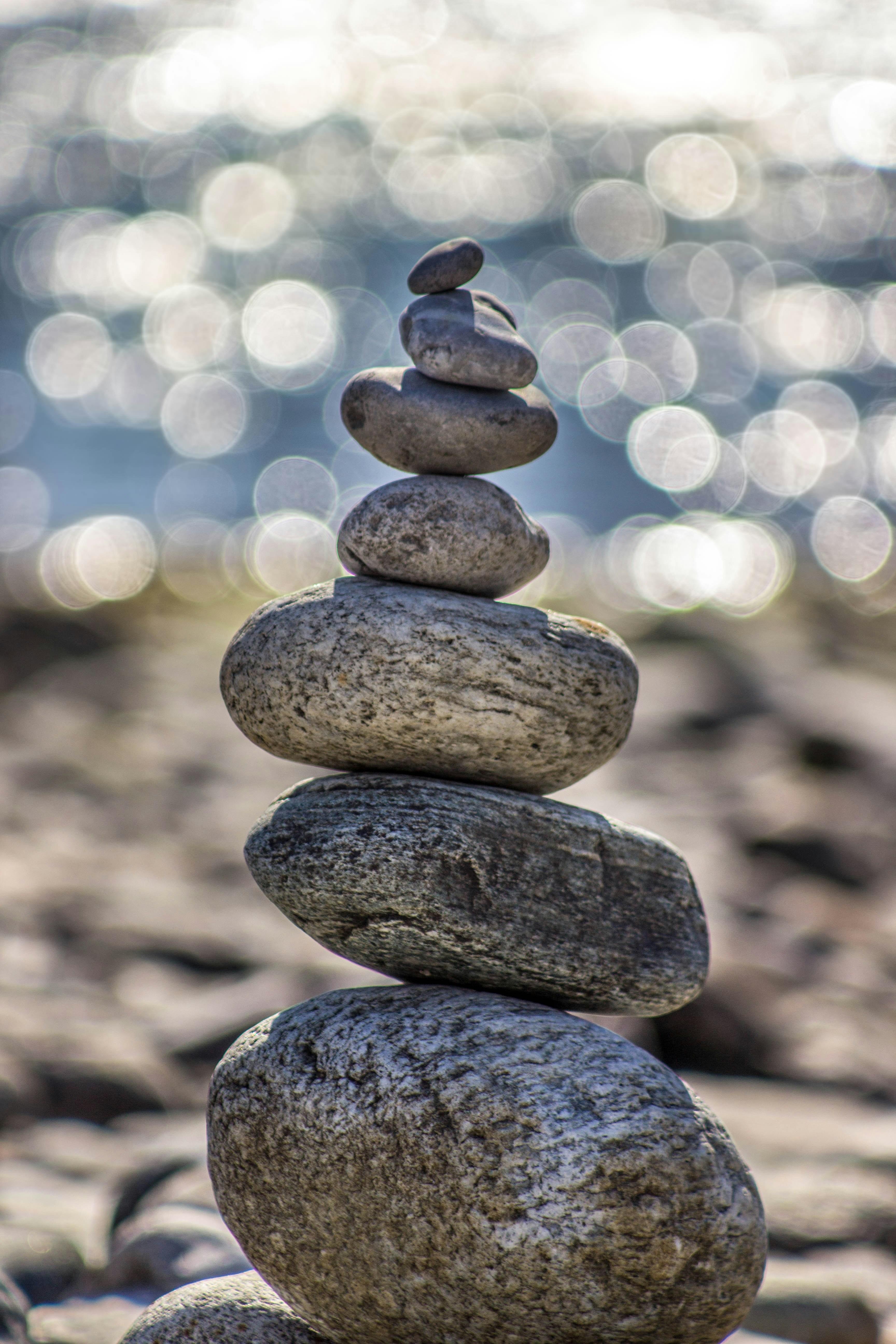In the hustle and bustle of modern life, stress and anxiety often feel like unwelcome companions, shadowing our every move. As deadlines loom and responsibilities pile up, finding tranquility can seem like an elusive dream. Yet, nestled within the ancient practice of meditation lies a powerful tool to reclaim our inner peace. Imagine a serene oasis, untouched by the chaos of the outside world, where the mind finds solace and the spirit renews. This is the promise of meditation—a practice that transcends time and culture, offering a sanctuary from the storm. Join us as we explore how meditation can be a guiding light, illuminating the path to managing stress and anxiety with grace and resilience.
Understanding the Mind-Body Connection in Meditation
The intricate dance between the mind and body becomes profoundly evident during meditation, a practice that fosters a harmonious relationship between these two facets of our being. When we meditate, we aren’t just sitting still; we are engaging in a transformative process that helps untangle the web of stress and anxiety. This connection can be understood through the way meditation encourages the body to relax and the mind to let go of its incessant chatter.
- Physical Relaxation: As the body enters a state of calm, tension is released, which in turn signals the brain to reduce the production of stress hormones.
- Mental Clarity: Meditation creates a space for thoughts to settle, enabling clearer and more focused thinking.
- Emotional Balance: By observing thoughts without judgment, meditation fosters emotional resilience and a greater sense of peace.
Through consistent practice, meditation becomes a bridge that unites the mind and body, leading to a profound sense of well-being. This synergy not only alleviates stress and anxiety but also enhances overall health, allowing individuals to navigate life’s challenges with grace and equanimity.

Practical Techniques to Incorporate Meditation into Daily Life
Integrating meditation into your daily routine doesn’t have to be daunting. Begin by setting aside a few minutes each day, perhaps in the morning or before bed, to sit quietly and focus on your breath. Consistency is key, so choose a time that works for you and stick to it. Start small and gradually increase the duration as you become more comfortable with the practice. Consider using guided meditation apps to help structure your sessions and keep you motivated.
Incorporate mindfulness into everyday activities to enhance your meditation practice. Try to be fully present during mundane tasks such as washing dishes or walking. Focus on the sensations, smells, and sounds around you, allowing yourself to experience the moment without judgment. Here are some simple techniques to weave meditation seamlessly into your life:
- Mindful Breathing: Take deep breaths during short breaks throughout the day.
- Walking Meditation: Pay attention to each step and the movement of your body.
- Body Scan: Perform a quick check-in with your body, noticing areas of tension and consciously relaxing them.
- Gratitude Practice: Spend a few moments reflecting on things you are thankful for each day.

Exploring Scientific Evidence Behind Meditations Benefits
The practice of meditation has garnered attention from the scientific community for its potential to alleviate stress and anxiety. Research has delved into the neurobiological changes that occur during meditation, revealing that it can lead to a decrease in the production of stress-related hormones such as cortisol. This biochemical shift is believed to foster a sense of calm and relaxation, enabling individuals to better manage stressors in their daily lives. Additionally, studies utilizing brain imaging technologies have shown that meditation can increase activity in areas of the brain associated with positive emotions and self-regulation.
Beyond the biochemical and neurological perspectives, meditation is also noted for its ability to enhance mindfulness. This heightened state of awareness encourages individuals to focus on the present moment, reducing the tendency to ruminate on past stressors or anticipate future anxieties. Some of the scientifically-backed benefits include:
- Improved emotional regulation
- Increased resilience to stress
- Enhanced concentration and attention
- Better overall mental well-being
Through these mechanisms, meditation serves as a valuable tool in the arsenal against stress and anxiety, offering both immediate and long-term benefits for mental health.

Personalizing Your Meditation Practice for Maximum Stress Relief
When it comes to alleviating stress and anxiety through meditation, one size does not fit all. Personalizing your meditation practice can make a significant difference in its effectiveness. Start by identifying what triggers your stress and anxiety. Once you understand your specific needs, you can tailor your meditation sessions to address these issues directly. Consider experimenting with different techniques such as guided imagery, mantra repetition, or mindfulness breathing to see which resonates with you the most. It’s all about finding the right fit that makes you feel grounded and at ease.
- Create a dedicated space: Designate a quiet, comfortable area where you can meditate without distractions.
- Choose the right time: Identify a time of day when you feel most relaxed and least likely to be interrupted.
- Incorporate soothing elements: Use calming music, essential oils, or gentle lighting to enhance your experience.
- Set realistic goals: Begin with short sessions and gradually increase the duration as you become more comfortable.
Remember, your meditation practice is a personal journey. Don’t be afraid to mix and match techniques or modify your environment to suit your evolving needs. The key is to remain open and flexible, allowing your practice to grow with you.
Future Outlook
As we draw our exploration of meditation’s role in managing stress and anxiety to a close, let us pause and breathe in the tranquility that this ancient practice offers. In the gentle ebb and flow of each mindful breath, we find a sanctuary—a space where the chaos of modern life quiets and the mind finds its equilibrium. Meditation, in its simplicity, serves as a reminder that peace is not a distant shore but a state we can nurture within ourselves.
Whether you are just beginning your journey or are a seasoned practitioner, the path of meditation is ever-evolving, inviting you to discover deeper layers of calm and resilience. As you step away from this article, may you carry with you the seeds of mindfulness, ready to be sown into the fertile soil of daily life. In moments of stress or anxiety, remember that the breath is always there—your anchor, your guide, your unwavering companion on the path to inner peace.
